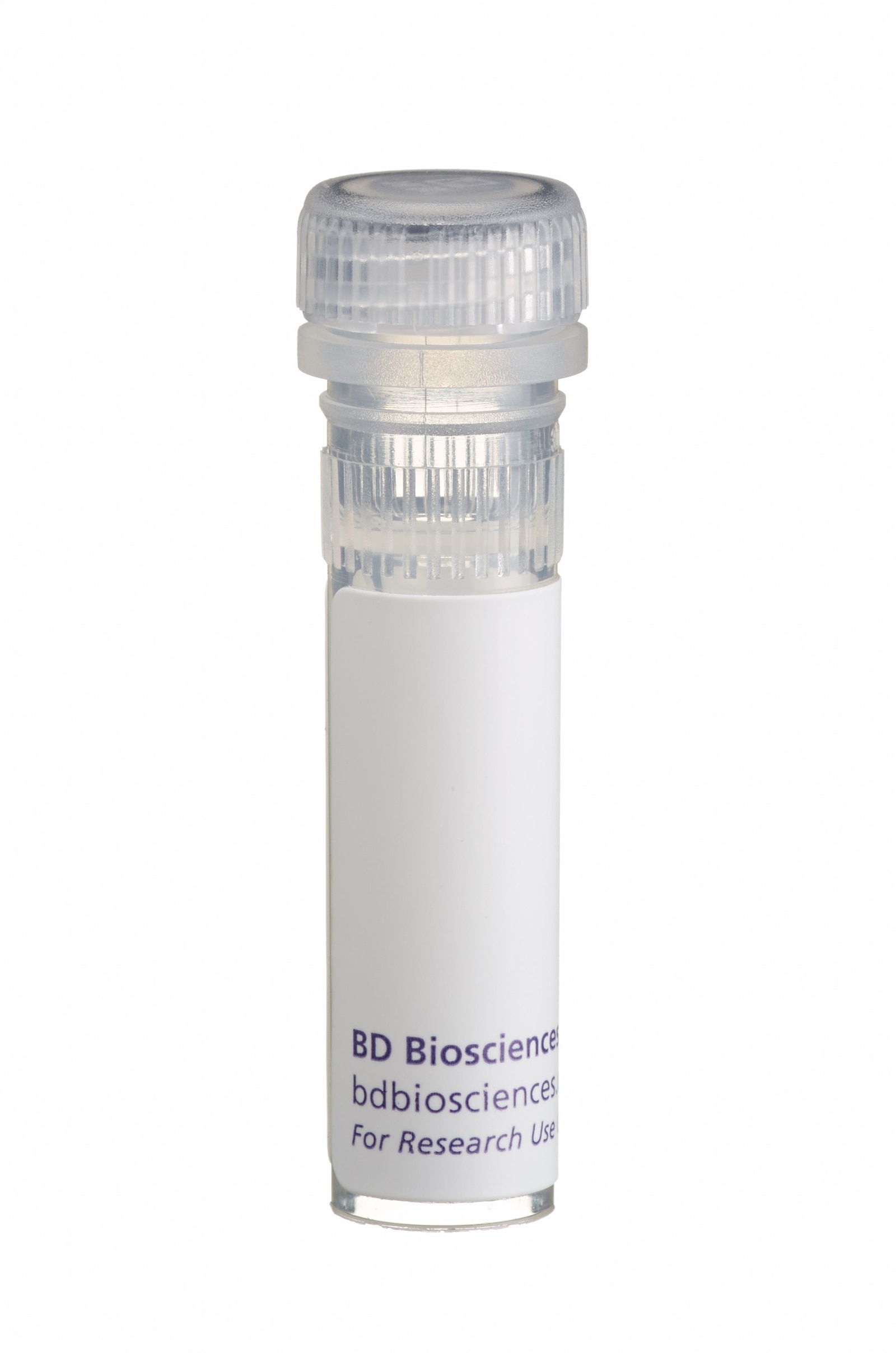-
Reagents
- Flow Cytometry Reagents
-
Western Blotting and Molecular Reagents
- Immunoassay Reagents
-
Single-Cell Multiomics Reagents
- BD® OMICS-Guard Sample Preservation Buffer
- BD® AbSeq Assay
- BD® Single-Cell Multiplexing Kit
- BD Rhapsody™ ATAC-Seq Assays
- BD Rhapsody™ Whole Transcriptome Analysis (WTA) Amplification Kit
- BD Rhapsody™ TCR/BCR Next Multiomic Assays
- BD Rhapsody™ Targeted mRNA Kits
- BD Rhapsody™ Accessory Kits
- BD® OMICS-One Protein Panels
-
Functional Assays
-
Microscopy and Imaging Reagents
-
Cell Preparation and Separation Reagents
-
- BD® OMICS-Guard Sample Preservation Buffer
- BD® AbSeq Assay
- BD® Single-Cell Multiplexing Kit
- BD Rhapsody™ ATAC-Seq Assays
- BD Rhapsody™ Whole Transcriptome Analysis (WTA) Amplification Kit
- BD Rhapsody™ TCR/BCR Next Multiomic Assays
- BD Rhapsody™ Targeted mRNA Kits
- BD Rhapsody™ Accessory Kits
- BD® OMICS-One Protein Panels
- Switzerland (English)
-
Change country/language
Old Browser
This page has been recently translated and is available in French now.
Looks like you're visiting us from United States.
Would you like to stay on the current country site or be switched to your country?
BD Pharmingen™ Recombinant Soluble Human Fas (FasΔTM)


Regulatory Status Legend
Any use of products other than the permitted use without the express written authorization of Becton, Dickinson and Company is strictly prohibited.
Product Details
Description
Fas (APO-1, CD95) is an ~42 kDa cell surface protein that mediates apoptosis when cross-linked with agonistic anti-Fas antibodies or Fas ligand (FasL). Fas belongs to the TNF (tumor necrosis factor)/NGF (nerve growth factor) receptor family, and is expressed in various tissue and cells including the thymus, liver, ovary and lung. FasL is a 40 kDa TNF family member membrane protein that induces apoptosis by binding to Fas, its cell-surface receptor. FasL is expressed on activated T and NK cells. Both Fas and FasL are thought to play an important role in the apoptotic processes that take place during T cell development.
Recombinant soluble human Fas was expressed in the Baculovirus Expression Vector System and purified from insect cell lysate using an anti-Fas antibody. This form of Fas lacks the transmembrane domain of the Fas receptor, and has been referred to as FasΔTM. It has a 63-base pair deletion starting at nucleotide sequence (700) GA TCC AGA and ending at nucleotide sequence GTT TGG G (762). The purity and the integrity of the protein were verified by SDS-PAGE, and ELISA. FasΔTM has a reduced molecular weight of ~40 kDa.
Preparation And Storage
Store the protein at -20°C, or for longer storage life, at -80°C.
Recommended Assay Procedures
Purified FasΔTM can be used as a positive control for western blot analysis of Fas. 1 µg of protein can easily be visualized on a Commasie-stained gel as a band of ~40 kDa. For western blot analysis, 1 µg or less is sufficient depending on the detection method (less is needed for enhanced chemiluminescence than for standard alkaline phosphatase detection). Purified FasΔTM can also be used as a standard in Fas ELISA assays. The recombinant FasΔTM protein should not be used in functional assays, as it does not appear to assume a biologically active conformation.
Product Notices
- Since applications vary, each investigator should titrate the reagent to obtain optimal results.
- Please refer to www.bdbiosciences.com/us/s/resources for technical protocols.
- Licensed for Research Purposes Only. Commercial use requires license from Boyce Thompson Institute for Plant Research.
- Source of all serum proteins is from USDA inspected abattoirs located in the United States.
Development References (3)
-
Cheng J, Zhou T, Liu C, et al. Protection from Fas-mediated apoptosis by a soluble form of the Fas molecule. Science. 1994; 263(5154):1759-1762. (Biology). View Reference
-
Takahashi T, Tanaka M, Brannan CI, et al. Generalized lymphoproliferative disease in mice, caused by a point mutation in the Fas ligand. Cell. 1994; 76(6):969-976. (Biology). View Reference
-
Tanaka M, Suda T, Takahashi T, Nagata S. Expression of the functional soluble form of human Fas ligand in activated lymphocytes. EMBO J. 1995; 14(6):1129-1135. (Biology). View Reference
Please refer to Support Documents for Quality Certificates
Global - Refer to manufacturer's instructions for use and related User Manuals and Technical data sheets before using this products as described
Comparisons, where applicable, are made against older BD Technology, manual methods or are general performance claims. Comparisons are not made against non-BD technologies, unless otherwise noted.
For Research Use Only. Not for use in diagnostic or therapeutic procedures.